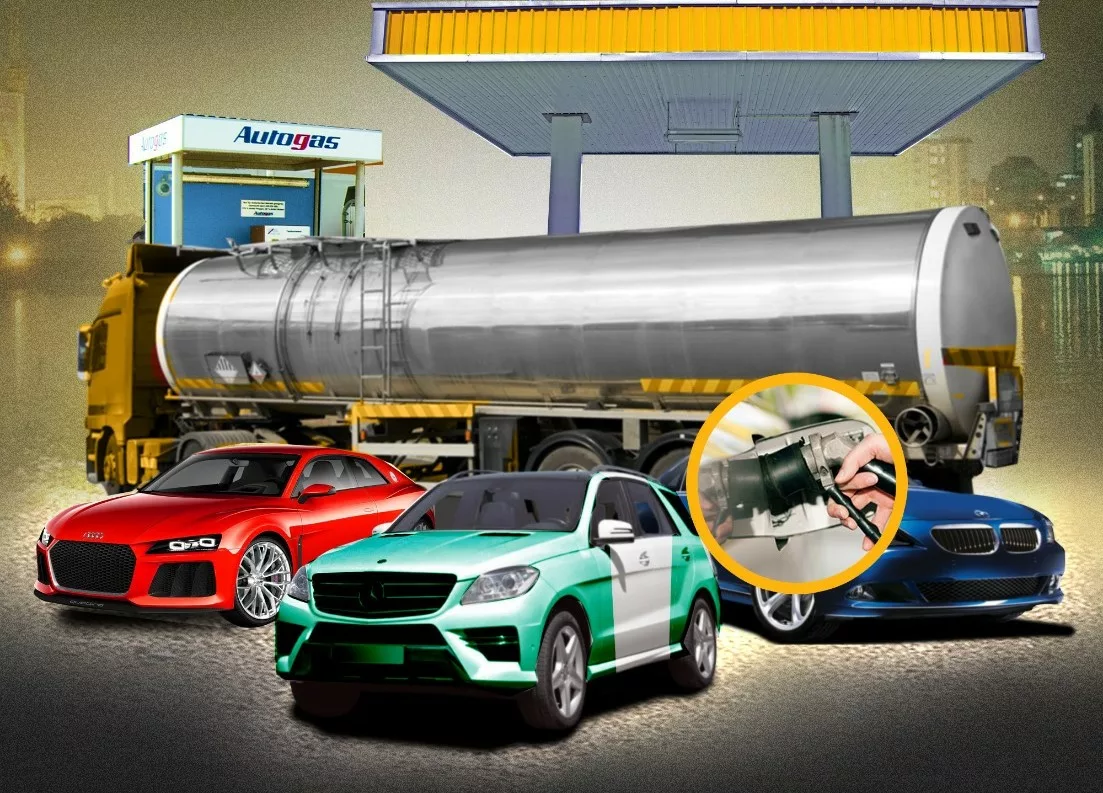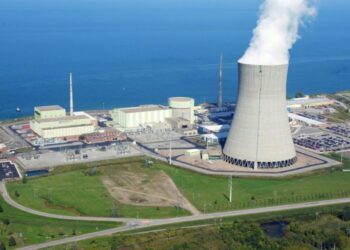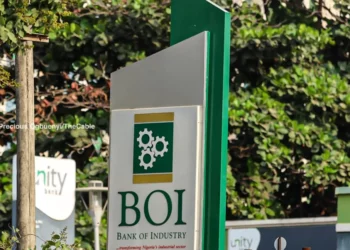14 months after the federal government harped on its plan to start converting vehicles to compressed natural gas (CNG), the scheme has largely remained an empty promise.
It will be recalled that in February 2022 the federal government rolled out the scheme to reduce the transportation sector’s reliance on Premium Motor Spirits (PMS) as fuel.
In the framework, the government explained that with abundant gas reserves of about 206.53 trillion cubic feet, a population of about 200 million people, and the enactment of the Petroleum Industry Act (PIB), which eliminated the continuous absorption of petrol subsidy, it was now vital to deploy autogas.
It stated that its priority now was the rapid and strategic introduction of Natural Gas Vehicles as an alternative fuel for transportation in Nigeria in line with the approved National Gas Policy.
The government also said this would pave the pathway to full deregulation of the downstream petroleum sector in Nigeria while reducing the effect of deregulation on transportation costs.
CNG was selected as the fuel of choice because it holds a comparative advantage due to its ease of deployment, comparatively lower capital requirements, commodity supply stability, existing in-country volumes, and local market commercial structure which relies predominantly on the naira.
Also, three implementation options were highlighted in the document, as the government stated that in the first option, its target was to convert one million public transport vehicles and install 1,000 refueling centers within 36 months.
For the first 18 months, it targeted to achieve 500,000 conversions and 580 refueling centers supplied by five Original Equipment Manufacturers, among other targets.
In the plan, the government targeted to convert 200,000 commercial vehicles in 2022, including tricycles, cars, mini-buses, and large buses.
The cities captured in Phase 1 of the project include Abuja, Kaduna, Kano, Kogi, Kwara, Lagos, Ondo, Oyo, Edo, Delta, Bayelsa, Niger, and Rivers.
Cities under Phase 2 were listed as Sokoto, Katsina, Jigawa, Borno, Bauchi, Gombe, Yobe, Osun, Ekiti, Enugu, Anambra, Imo, Cross River, Abia, Akwa Ibom, and Plateau. For Phase 3 cities, they were listed as Kebbi, Zamfara, Yobe, Gombe, Taraba, Adamawa, Benue, and Ebonyi.
Recall also that President Muhammadu Buhari, in December 2020, inaugurated the National Gas Expansion Programme (NGEP) which promotes the transition from petrol to gas for automobiles.
The federal government through the Nigerian National Petroleum Company, during the roll-out of the program in Abuja, had assured of free conversion services in some selected retail stations to enable automobiles to switch from premium motor spirit (PMS) to autogas.
But 14 months on and counting, a survey by NATIONAL ECONOMY shows that practically little or no progress has been made to ensure the conversion scheme is brought to life. NATIONAL ECONOMY’s correspondents have visited 33 filling stations spread around Lagos, Abuja, and Port Harcourt in search of any pump that had been converted to CNG, but found none.
That begs the questions: Has the federal government abandoned its plan to convert to CNG which it said would pave the pathway to full deregulation of the downstream petroleum sector in Nigeria while reducing the effect of deregulation on transportation costs? Has progress been stalled because of the exit of the then minister of state for petroleum, Temipre Sylva, who has returned home seeking another governorship ticket? The federal government had said the conversion exercise would pave the way for the deregulation of the downstream oil sector. With the deregulation exercise just in the offing, will the CNG conversion exercise not form part of the deregulation process?
Doctor Kunle Fadeyi, a petroleum engineer, and social affairs analyst said the programme is a laudable one. He called on the incoming administration not to jettison the project. Fadeyi said Compressed Natural Gas (CNG) and Liquefied Petroleum Gas (LPG) are economical fuel sources for automobiles. Their advantages over conventional petrol or diesel are now widely acclaimed in the transportation sector.
But there seems to be a lack of focus on the part of the federal government to implement the laudable project. Dayo Adeshina, who manages the LPG expansion programme, said recently that the federal government was still committed to the policy. He claimed that about a million out of Nigeria’s reported 22 million vehicles would be converted to use CNG or LPG. But Adeshina also admitted that the government had no clear plan on the proportion of each of the vehicles to be converted. That is, between light, medium or heavy-duty vehicles.
This is unacceptable for a policy and programme the government sold to Nigerians with so much excitement.
On his part, a financial economist at the Department of Insurance, Ebonyi State University, Dr. Nelson Nkwo, said the failure on the part of the Buhari administration to implement the CNG conversion project may not be unrelated to the paucity of funds considering the fact that the federal government was supposed to bear the initial conversion cost to the tune of 50 per cent.
In 2017, Nigeria jumped on this idea when a former minister of state for petroleum, Ibe Kachikwu, set in motion a new framework to make the most of the country’s vast gas resources. The policy was to open the door for improved CNG and LPG use in the domestic market, including transportation sector. The ugly impact of Nigeria’s reliance on imported fuel made this a welcomed and celebrated idea at the time. Conversion kits and other measures to enable people to switch over to gas-powered vehicles were even publicised to be on their way. The pertinent question for the incoming administration is: Will the government see the reason for continuum?





